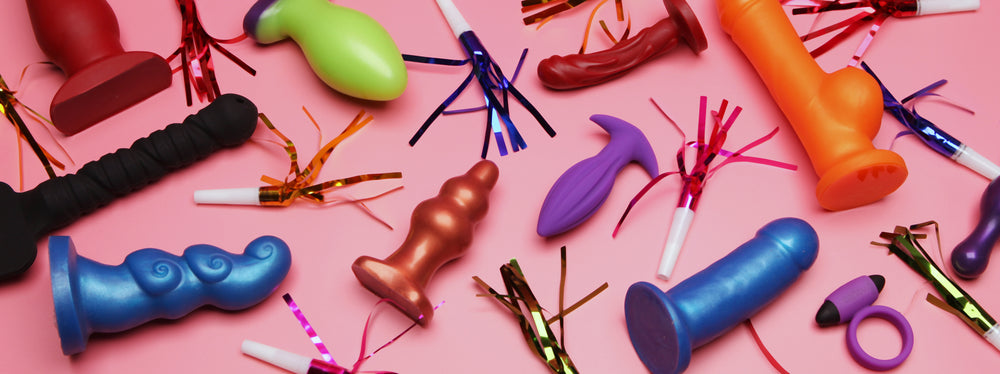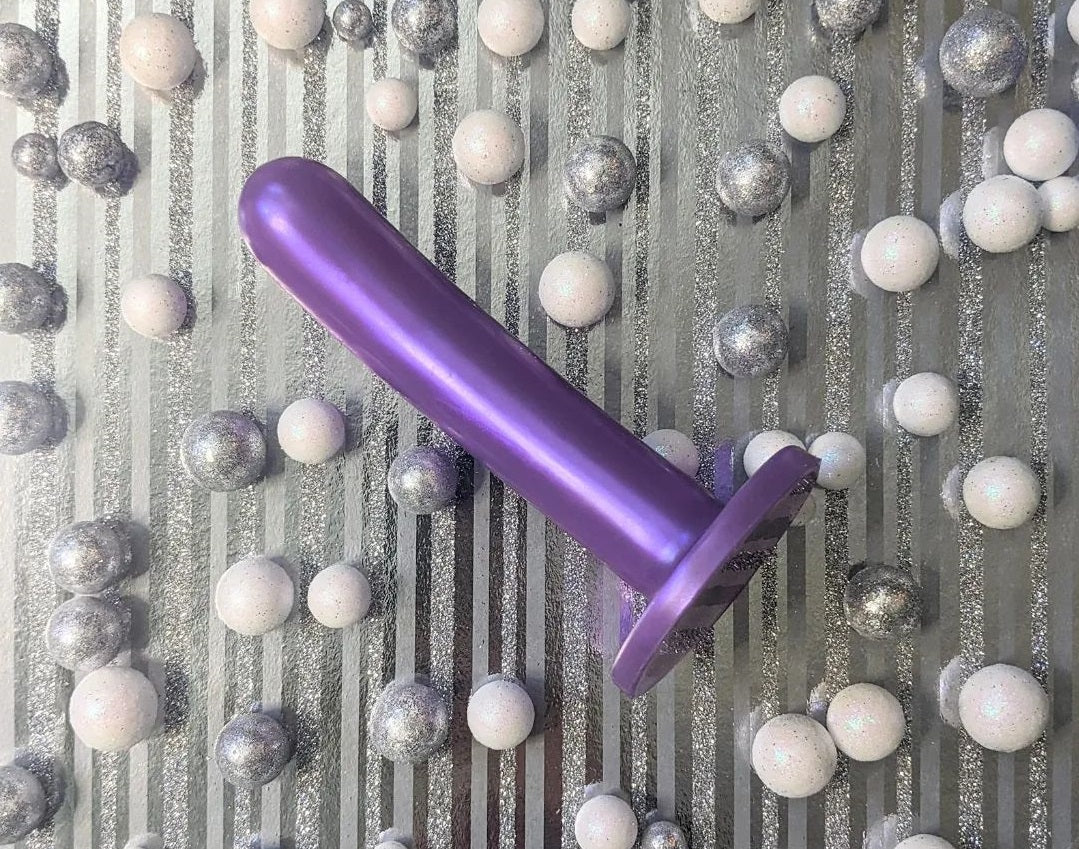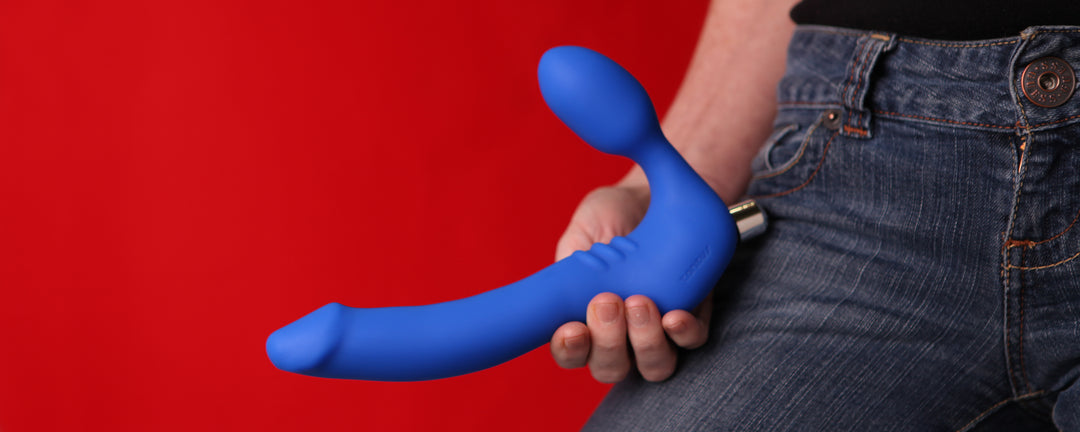SEX AND BRAIN CHEMISTRY | Metis Black
Ever blurt "I love you" in the middle of sex with someone you barely knew?
Are you a consummate creator of 6 week relationships?
Do you stay years in a relationship that's bad for you?
If any of these are true, you can blame brain chemistry.
Let's talk Science
Sexual attraction is caused by dopamine, norepineprine (NA) and phenylethyliamine (PEA), all nuerochemicals, working in unison.
Dopamine controls the pleasure/ reward center. It stimulates your sexual desire and encourages you to take risks and ask for phone numbers. Dopamine craves both the thrill of a new affair and the big O. Dopamine is highly addictive and consistent levels of high dopamine can lead to wild erratic behavior because you’re always chasing a fresh source of “reward”. Blame your promiscuity and your sluttiness on dopamine.
Noradrenaline receptors give you the sexual energy and drive and then you top it off with PEA which acts as an amphetamine-like chemical that increases the effects of dopamine and is responsible for the “butterflies” in your gut.
So far we’re talking a good case of lust and, as we know, lust is fleeting — still it’s the glory of why we celebrate being single. This chemical cocktail ensures genetic variation. Remember from an evolutionist perspective, sex is still essentially the mode of procreation whether you choose to make a baby or not.
So how does the brain temper all this wild cavorting?
As soon as orgasm happens dopamine is on the decline in the brain. It’s replaced with prolactin which calms us down and allows us to sleep. It gives us repose to think about what we want and whether we are making sound choices. Of course prolactin can bring on feelings of depression and abandonment. While you felt your partner was golden during your period of lust, prolactin can make you feel like they are demanding and someone you just can’t tolerate.
Low dopamine and high prolactin make depression a huge reality. The imbalance reduces our libido and our ambition. In most cases weight gain happens and in some cases a male can no longer get an erection. Sometimes females with high prolactin find intercourse painful and suffer from vaginal dryness. Hostility, anxiety and distress may overcome you.
If you suffer from low dopamine and high prolactin you have several choices: you may find yourself locked in a dysfunctional relationship purely for the lack of being able to see a brighter future for yourself, you may look outside your relationship for relief (this is a common reason why people cheat), or you can seek to put some balance into your life either through chemical and behavioral therapy.
Thankfully there is something other than this roller coaster of dopamine and prolactin highs and lows. Oxytocin is the hormone that gives us equilibrium; it’s the neurochemical that gives us deep bonds of nurturing and affection. Friendships are built on oxytocin and oxytocin keeps relationships intact. It reduces our cravings, relaxes us, calms us, reduces depression, it increases sexual receptiveness and it counteracts impotence. And a big plus— oxytocin actually stimulates contractions (an orgasm is a series of contractions).
Oxytocin: How does this magic pixie dust work?
How does this magic pixie dust work? There is evidence that oxytocin and dopamine stimulate each other’s release. This would make sense again from an evolutionist stand point in order to keep the couple together at least until their parental jobs were done. It’s also been found that touch plays a huge part in the production of oxytocin; that 20 minutes of sensual touching can stimulate oxytocin as can cuddling. The more oxytocin you create, the more receptive you are to it. If you, like me, have blurted I love you at the wrong time to the wrong person - it was probably oxytocin kicking in.
Sex is easy, relationships take work. The brain functions to urge you forward with the promise of great pleasure but there’s gonna be work to sustain it.
© Tantus, Inc. 2008. All Rights Reserved.
 Metis Black is the Founder and President of Tantus, Inc. The realization of her sex toy manufacturing company in 1997 helped to change the profile of sexuality products by mainstreaming silicone products and educating the industry on material safety and sexuality.
Metis Black is the Founder and President of Tantus, Inc. The realization of her sex toy manufacturing company in 1997 helped to change the profile of sexuality products by mainstreaming silicone products and educating the industry on material safety and sexuality.
Metis' success has brought her accolades inside and outside of her industry. Her articles on material safety standards in sexual products and the chemistry of personal products such as lubricants have been widely published. Some of her publishing credits include American Journal of Sexuality Education, Good Vibrations Online Magazine, On Our Backs, Adult Novelty Business, XBiz, and The Free Speech Coalition. In 2015, she was also elected onto the Woodhull Sexual Freedom Alliance's Board of Directors.
Over the last decade and a half, Metis has proven to be a champion for sex educators and a mentor to other small business owners.
Facebook: https://www.facebook.com/metisblk
Twitter: https://twitter.com/MetisBlack
Google+: https://plus.google.com/104860221653430979014/posts








Leave a comment